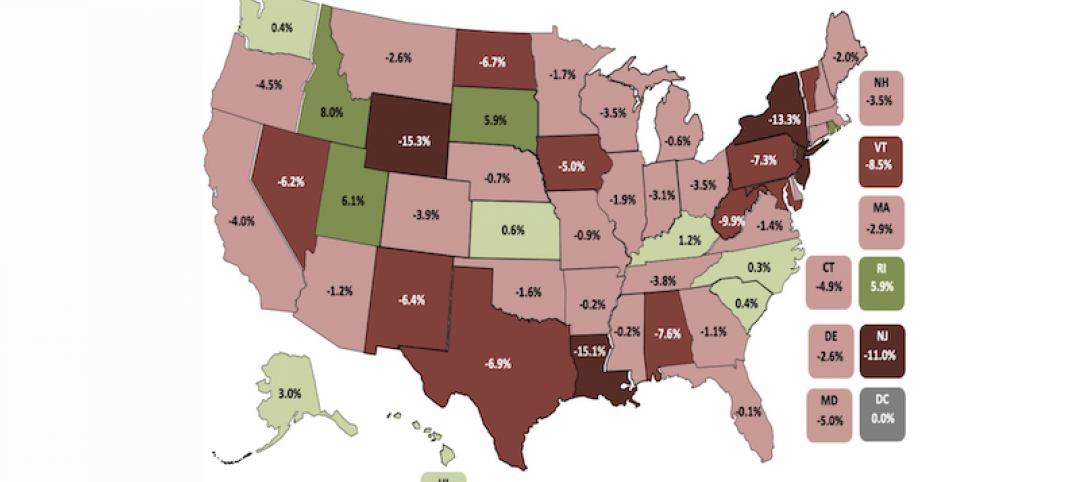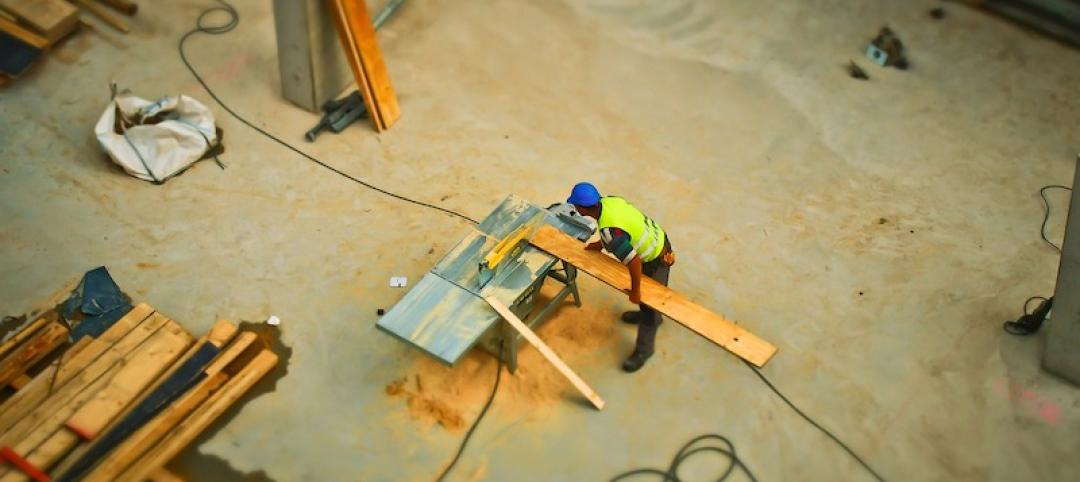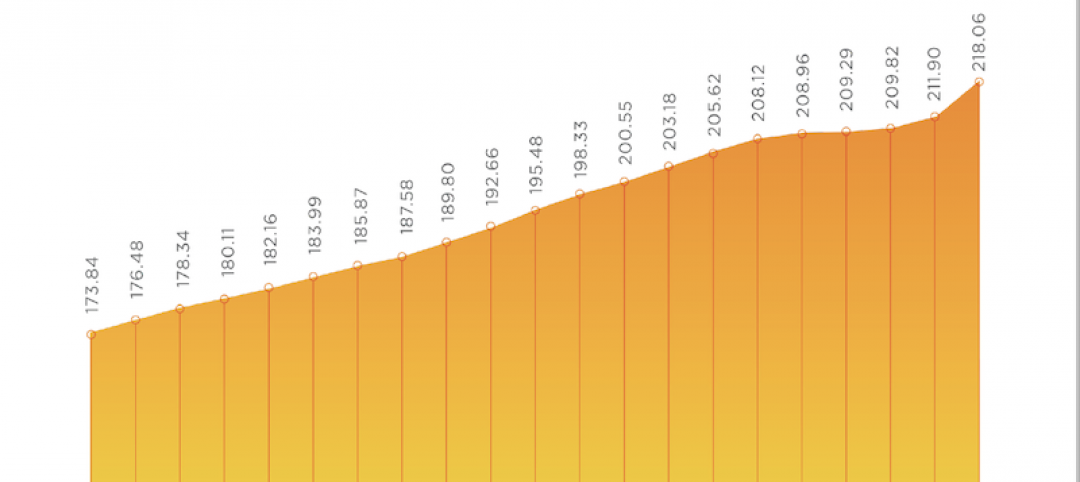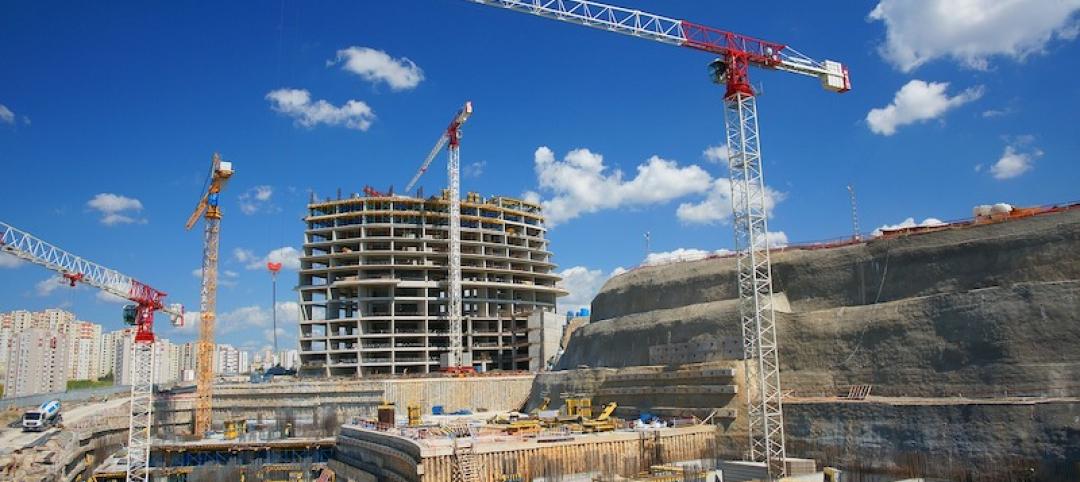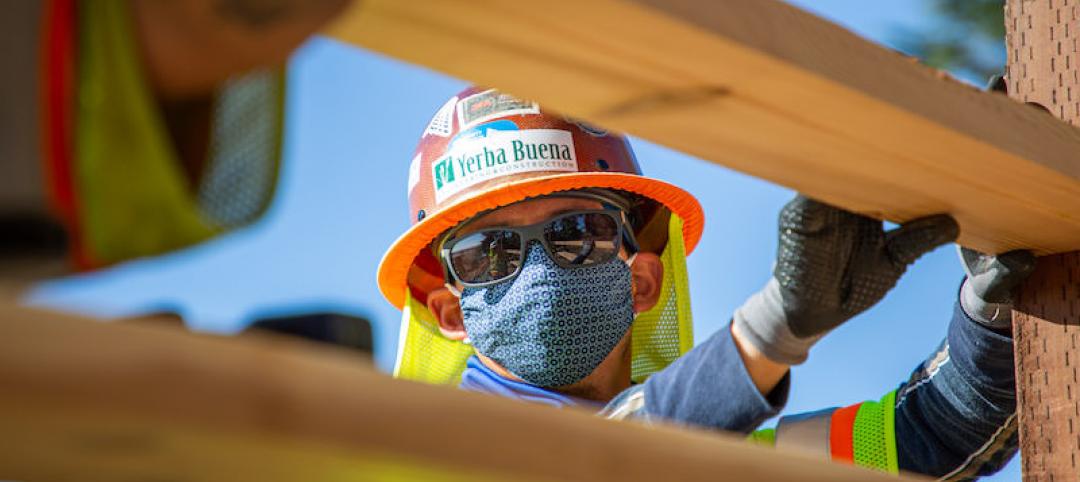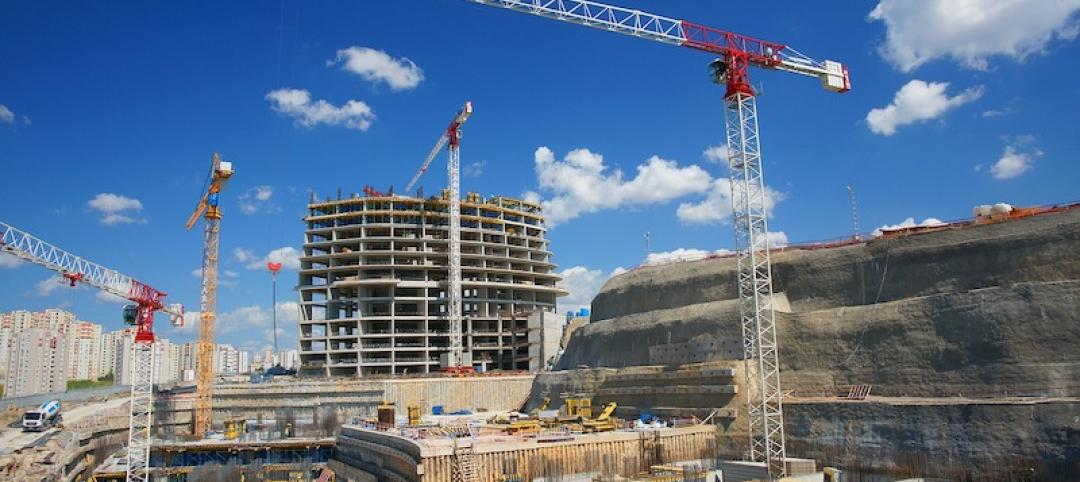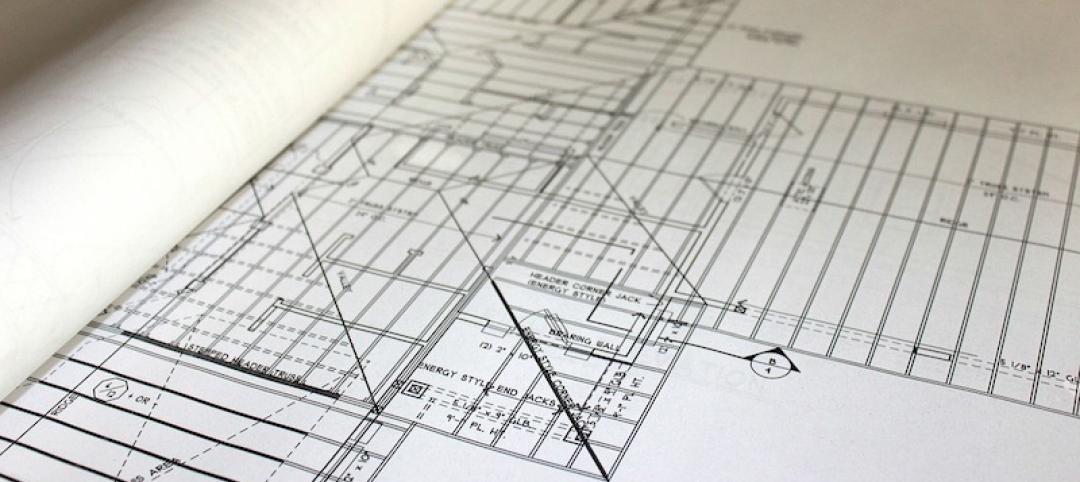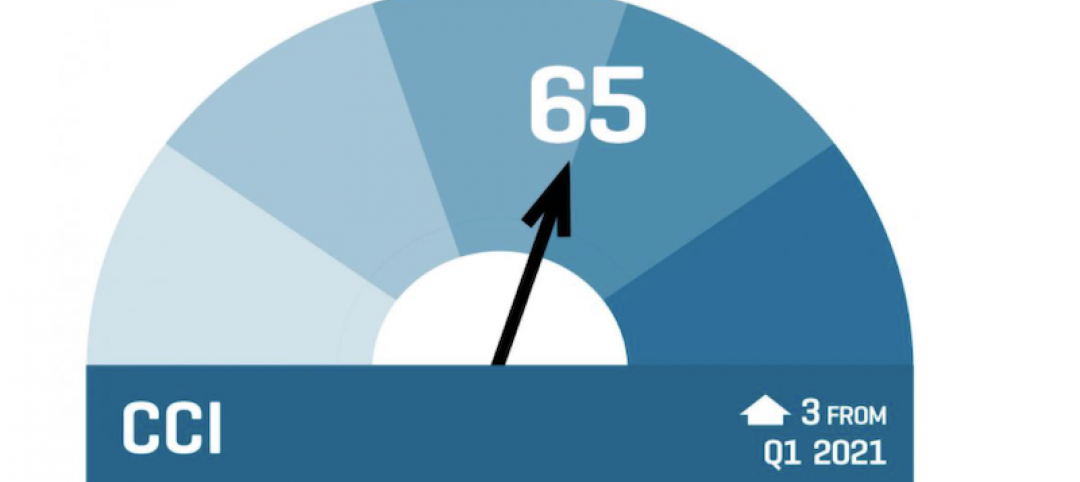Construction employment in November remained below pre-pandemic levels in 35 states and the District of Columbia even though 31 states and D.C. added construction jobs from October to November, according to an analysis by the Associated General Contractors of America of government employment data released today. Association officials urged federal officials to swiftly renew a program to enable firms to keep workers on their payrolls while the pandemic is pushing back the start date for many projects.
“An increase in project cancellations and postponements is forcing nonresidential contractors to lay off workers as they complete projects started before the pandemic and firms exhaust their Paycheck Protection Program loans,” said Ken Simonson, the association’s chief economist. “Despite strong demand for single-family homebuilding and remodeling, overall industry employment is likely to shrink in more states in the absence of federal assistance.”
Seasonally adjusted construction employment in November was lower than in February—the last month before the pandemic forced many contractors to suspend work—in 37 states, Simonson noted. New York lost the most construction jobs over the nine-month period (-39,700 jobs or -9.7%), followed by Texas (-37,200 jobs, -4.7%). Vermont experienced the largest percentage loss (-24.5%, -3,600 jobs), followed by North Dakota (-13.9%, -4,100 jobs).
Only 15 states and the District of Columbia added construction jobs from February to November. Virginia added the most jobs and highest percentage (11,800 jobs, 5.8%), followed by Utah (5,800 jobs, 5.1%).
Construction employment decreased from October to November in 17 states, increased in 31 states and D.C., and was unchanged in Maine and Nebraska. California had the largest loss of construction jobs from October to November (-5,800 jobs or -0.7%), followed by New Jersey (-3,800 jobs, -2.5%) and Nevada (-3,700 jobs, -3.9%). Nevada had the largest percentage decline, followed by South Dakota (-3.8%, -1,000 jobs).
Texas added the most construction jobs over the month (7,500 jobs, 1.0%), followed by Pennsylvania (4,300 jobs, 1.7%). Delaware had the largest percentage gain for the month (3.8%, 800 jobs), followed by Utah (2.6%, 3,000 jobs).
Association officials urged members of Congress to promptly pass a renewal of the Paycheck Protection Program, which saved thousands of construction workers from layoffs earlier in the year. They added that the legislation should also make clear that Congress did not intend for firms to incur tax liability when using the loans as intended.
“While the pandemic is causing more and more construction to be canceled or postponed, it is imperative that Congress renew the loan program that will keep contractors from shutting their doors and workers from losing their jobs,” said Stephen E. Sandherr, the association’s chief executive officer. “In addition, it is vital that Congress stop the Treasury from playing ‘gotcha’ with firms that rightly expected their loans to be treated as nontaxable.”
View state employment February-November data and rankings; and October-November rankings.
Related Stories
Market Data | Jul 19, 2021
Construction employment trails pre-pandemic level in 39 states
Supply chain challenges, rising materials prices undermine demand.
Market Data | Jul 15, 2021
Producer prices for construction materials and services soar 26% over 12 months
Contractors cope with supply hitches, weak demand.
Market Data | Jul 13, 2021
ABC’s Construction Backlog Indicator and Contractor Confidence Index rise in June
ABC’s Construction Confidence Index readings for sales, profit margins and staffing levels increased modestly in June.
Market Data | Jul 8, 2021
Encouraging construction cost trends are emerging
In its latest quarterly report, Rider Levett Bucknall states that contractors’ most critical choice will be selecting which building sectors to target.
Multifamily Housing | Jul 7, 2021
Make sure to get your multifamily amenities mix right
One of the hardest decisions multifamily developers and their design teams have to make is what mix of amenities they’re going to put into each project. A lot of squiggly factors go into that decision: the type of community, the geographic market, local recreation preferences, climate/weather conditions, physical parameters, and of course the budget. The permutations are mind-boggling.
Market Data | Jul 7, 2021
Construction employment declines by 7,000 in June
Nonresidential firms struggle to find workers and materials to complete projects.
Market Data | Jun 30, 2021
Construction employment in May trails pre-covid levels in 91 metro areas
Firms struggle to cope with materials, labor challenges.
Market Data | Jun 23, 2021
Construction employment declines in 40 states between April and May
Soaring material costs, supply-chain disruptions impede recovery.
Market Data | Jun 22, 2021
Architecture billings continue historic rebound
AIA’s Architecture Billings Index (ABI) score for May rose to 58.5 compared to 57.9 in April.
Market Data | Jun 17, 2021
Commercial construction contractors upbeat on outlook despite worsening material shortages, worker shortages
88% indicate difficulty in finding skilled workers; of those, 35% have turned down work because of it.



